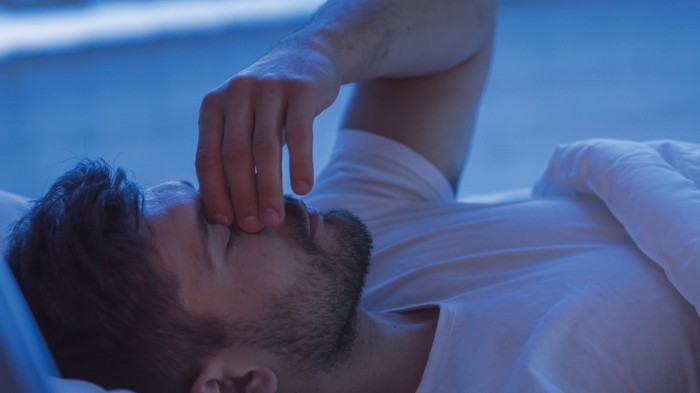Insomnia can be a sleep disorder in which folks are not able to fall asleep or stay asleep. Most Australians experience insomnia during their lives, resulting in 10 % people have at least mild insomnia at any time. It’s more common in women and seniors.

Insomnia may include:
difficulty sleeping comfortably
getting up during the night and having trouble finding comfort sleep
getting out of bed to soon
Sometimes people experience the 3.
Many people experience insomnia for a short time, for example when they’re worried or stressed. But they can insomnia is chronic (called chronic insomnia disorder), meaning individuals have trouble falling or staying asleep for at least Three months, together with being impaired during the day.
What are signs and symptoms of insomnia?
People experience insomnia differently. Some of the signs of insomnia are:
having problems falling asleep
waking a great deal throughout the night
getting up too early and being unable to go back to sleep
not feeling refreshed if you wake
Insomnia can cause the subsequent symptoms during the day:
tension headaches
feeling tired or being too sleepy to complete normal activities
difficulty in remembering things and concentration
fretting about sleeping
feeling irritable or moody
being hyperactive, aggressive or impulsive
losing curiosity about doing things
reduced energy and motivation
feeling sleepy when sitting quietly
What may cause insomnia?
Sometimes there’s no underlying cause for insomnia. This is whats called primary insomnia.
Sometimes it comes with an underlying cause say for example a our health and wellbeing condition, anxiety, depression or sleep problem. This is called secondary insomnia.
Insomnia could be deteriorated by:
poor sleep habits (sleep hygiene)
substances including caffeine, nicotine, alcohol, amphetamines plus some prescription medicines
stress, a result of work or financial problems, relationship issues or grief
medical concerns, particularly conditions causing pain, hormone changes (e.g. hot flushes and sweating during menopause), and breathing, urinary or bloating
mental health conditions – insomnia can be a symptom of anxiety, depression or any other disorders
problems with sleep, including obstructive sleep apnoea, circadian rhythm disorders brought on by irregular sleep patterns, restless legs syndrome and periodic limb movement
life stage – elderly people are more inclined to have insomnia
shift work – people that work different shifts often tend not to sleep along with people who work set hours throughout the day
When must i see my doctor?
It is just a good plan to view your doctor if you are having difficulty sleeping otherwise you are experiencing difficulties with your mood, feeling restless during sex, snoring badly or waking up not feeling refreshed. Keeping a sleep diary is an excellent way to track symptoms, which you can share with your overall health professional.
We apply CBT-I to settle your insomnia problems quickly. Do you feel tired because of insomnia? Do you dread planning to work? Are you feeling anxious in your relationships? Get the life back in 6 sessions, and without chemistry. We invite you online, in the convenience your cocoon, including on weekends on your outings. CBT-I (CBT-I), Cognitive-Behavioral Therapy for Insomnia, is surely an advanced scientific method with demonstrated effectiveness inside a popular.
State-licensed psychologist (France), university degree in neuropsychology, certified hypnotist (France), Ecole Normale Superieure d’Ulm graduate, Columbia University visiting student.
For additional information about ambien you can check our web portal

Be First to Comment